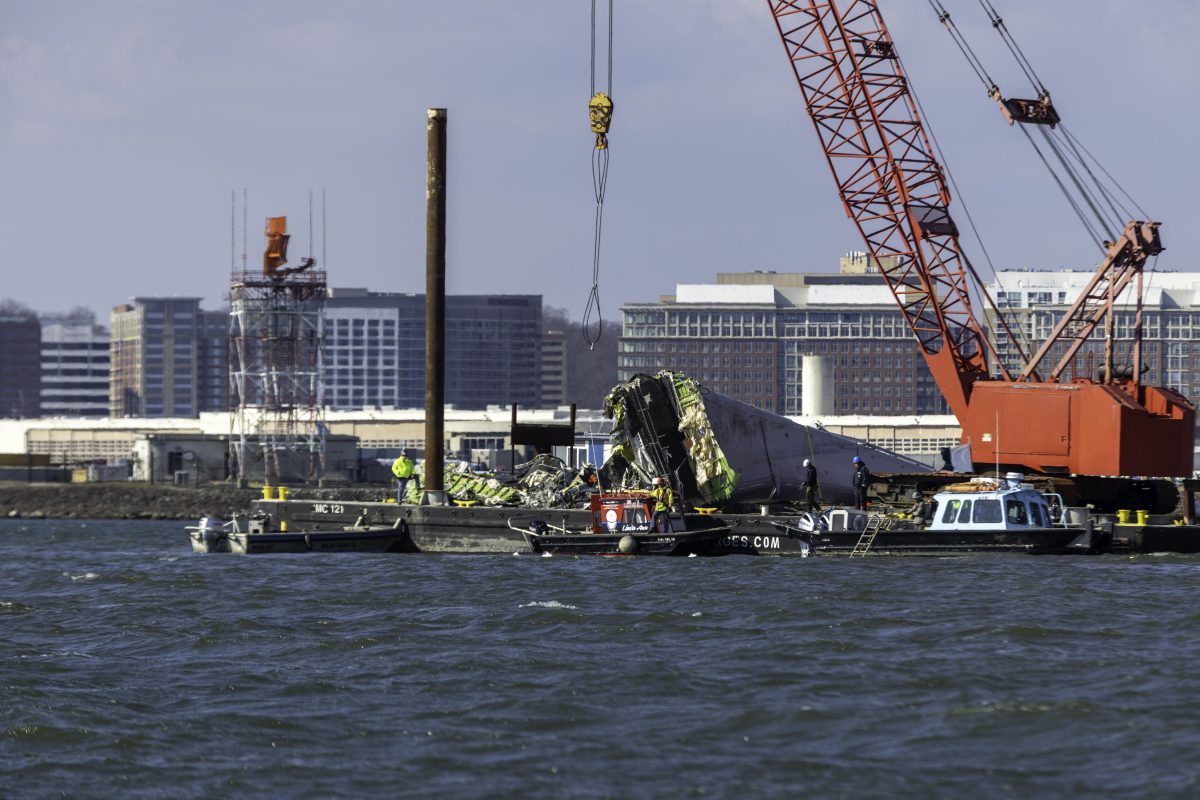South Africa's Tourism Industry Confronts Worsening Electricity Outage Crisis

Skift Take
South Africa's power crisis has gone from bad to worse, as ongoing blackouts since 2007 are now a daily occurrence, and will continue to be for the foreseeable future.
So how do you promote tourism with widespread blackouts?
The country's tourism sector, worth an estimated $27.4 billion pre-Covid, is pushing towards full recovery, but with the ongoing energy crisis doing it no favors.
Tourist arrival numbers might be 153 percent up compared to 2021, with 5.7 million visitors to the country in 2022. Yet, it remains 44 percent below pre-Covid levels of 10.23 million visitors in 2019.
Persistent power cuts in 2022, estimated to cost the economy at least $54 million ( R1-billion) a day, according to energy and mineral resources minister Gwede Mantashe, has forced the country's hospitality and tourism industries to proactively source alternative energy and adapt to ensure that the guest experience remains uncompromised.
This has meant investing in costly diesel generators for one, which eats away at any potential profits. Conversely, large parts of the sector have seen the disruption as the right time implement sustainability goals in the face of Eskom's failing coal infrastructure.
As result, the more load they can take of the national energy grid and convert into renewable energy, the better.
The V&A Waterfront, South Africa's most visited attraction, which usually sees over 24 million visitors per year, and was at 80 percent of its usual footfall October 2022. As a precinct adjacent to Cape Town harbour, it has been investing in energy efficiency since 2008, adding $2 million in solar systems and leading to a 35 percent decrease in overall energy consumption.
As another example, Cape Town's Table Mountain Cableway Company, part of the city's Big Six attractions, has invested in a hydraulic backup motor that kicks in during load shedding to replace the electric motor that operates its cable cars. Cape Point, however, which does not have backup power for its funicular ride, and has since seen a drop in tickets sales for this part of the attraction.
Cape Town's Push for Digital Nomads
Cape Town is no stranger to enduring a scarce resource crisis, suffering a severe drought in 2018. However, the ongoing power cuts do not bode well for its appeal to digital nomads with a possible remote working visa. The post pandemic trend has only grown in popularity to boost destinations appeal and tourism revenue, as detailed by Skift's mega trends for 2023.
"Load shedding is one of Cape Town's challenges in recovering its allure for foreign and domestic tourists and has had a knock-on effect on various tourism sectors, including jet fuel supply," said Enver Duminy, CEO at Cape Town Tourism.
He added that while Cape Town boasts an incredibly connected expat and digital nomad scene, a downside of the energy crisis was its impact on internet connectivity.
Studies show that each one of these working tourists tends to spend up to $2 800 during their stay, which has the potential to add up to a significant benefit for the economy, according to James Vos, City of Cape Town mayoral committee member for economic growth.
"One report of an incentive program in Oklahoma in the USA shows digital nomads generated nearly $20 million in additional local gross domestic product. With a special visa, South Africa stands to realize such gains," added Vos.
Cape Town Tourism has partnered with Airbnb through its 'live and work anywhere initiative', as a push for its digital nomad visa status.
Vos added that while the president confirmed in his state of the nation address that a remote worker visa would be implemented, there has yet to be any further update on when or how.
Green Tourism Incentive Fund
Fresh from ITB Berlin, where sustainability was a core focus, Curiocity founder and CEO Bheki Dube told Skift he found the issues of visa access and safety and security to be more of concern than load shedding, when it came to travel sentiment for South Africa as a destination.
The power crisis directly impacts digital nomads, he said, who make up at least 80 percent of Curiocity's bookings, with an average stay of 15 days.
"They are on workcation. So having power outages affects this particular group. These are the first adopters, post-pandemic, who made us have resilient business models, so it's a slap. The way they work is compromised, and they may not stay as long," said Dube.
"We need to come up with solid and resilient structures to retain this particular market. They're taking part in more activities, and they've got a major impact in convincing and influencing other colleagues to travel to destinations like South Africa to come to stay longer."
Dube's Curiocity hybrid accommodation offering, centered around co-working and co-living has applied for the national department of tourism's green tourism incentive fund to move the company to total solar and energy efficiency. Thus the company is moving closer towards its sustainability goals, starting with its Joburg properties, once approved. The fund which awards a grand of up to R1m per applicant is currently closed, with new rounds expected to be announced.
Most importantly, Bheki added, Curiocity Front offices are powered up by battery packs, which also power wi-fi throughout.
"Wi-fi has become more essential than water. We've taken that step to ensure that we can at least meet our clients halfway. They can still work from our co-working spaces. So let's hope the approval process speeds up!"
Murray Clark, founder of Neighbourgood, another co-working hybrid stay offering in Cape Town said it was working on implementing solar solutions across all of its buildings.
"In the absence of a real and tangible solution to the problem, as all private businesses have to do, we must solve our own power requirements."
"As a city we have the most incredibly diverse culture of people and places. If the visa for digital nomads is a success, it will be much easier to visit (and live from) South Africa for people from across the globe who are already excited about being here. I cannot wait!"
Selling Power Back to the Grid
To a certain extend, local municipalities have also realized a shift in energy production is the better solution than expecting Eskom to be fully restored to its former glory days of being one of the cheapest providers of electricity on the continent.
The country's president, Cyril Ramaphosa, has declared a national state of disaster at the end of February and has since done a cabinet reshuffle to appoint a new cabinet minister of electricity, Kgosientsho Ramokgopa, to help address the issue. He has also appointed a new Tourism Minister, former minister of public works and infrastructure Patricia De Lille.
Rosemary Anderson, national chair for the Federated Hospitality Association of South Africa (FEDHASA), confirmed 81 business liquidations in January 2023, 13 of which were from the hospitality sector. This is as unemployment remains at 32.7 percent, roughly almost a third of the population.
The Western Cape provincial government has developed the Municipal Energy Resilience (MER) initiative, to enable municipalities, businesses, and private households to generate, procure and sell power back to the provincial grid on the open market. This is only expected to get underway in 2025.
Who knows what will come first, the digital nomad visa or the renewal energy supply supplemented by citizens with solar rooftops? But right now South Africa’s resilient tourism and hospitality sector could use a fast track on both.
Skift’s in-depth reporting on climate issues is made possible through the financial support of Intrepid Travel. This backing allows Skift to bring you high-quality journalism on one of the most important topics facing our planet today. Intrepid is not involved in any decisions made by Skift’s editorial team.




